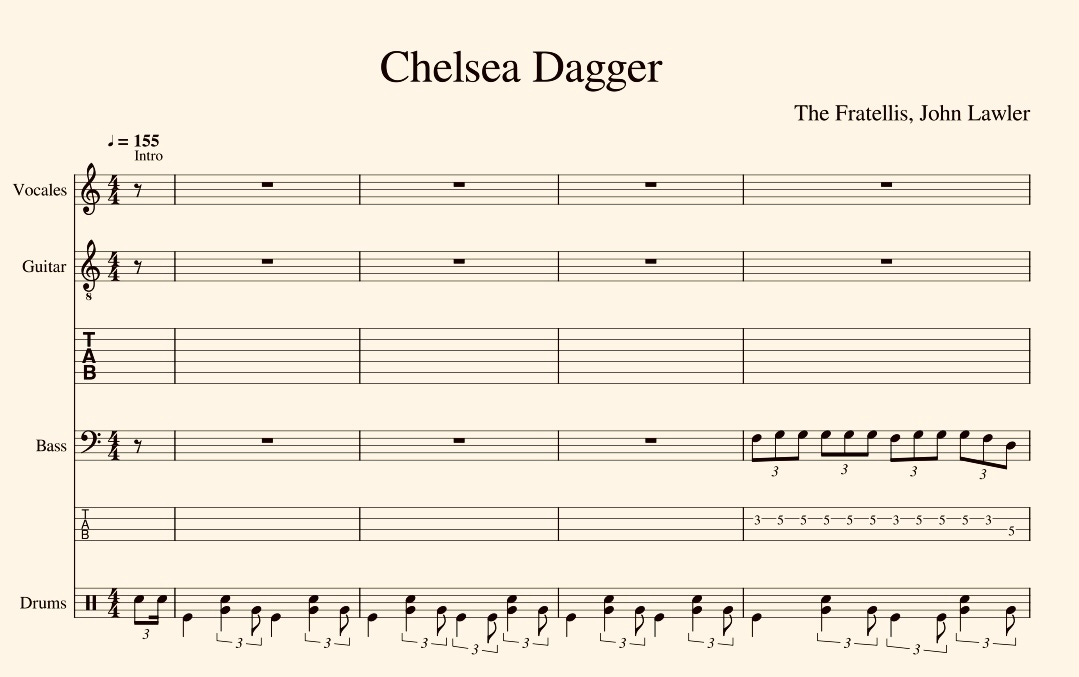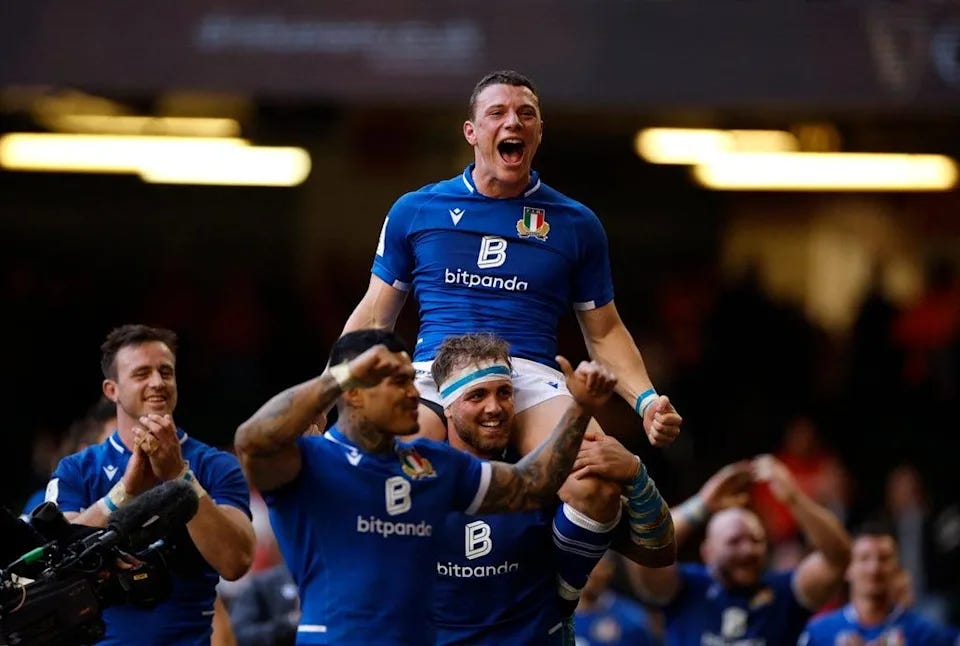Who are the wannabe owners of Chelsea trying to impress when they flaunt their fandom? Investment bank Raine is only likely to give a jot when someone first stood in the Shed, or how long they’ve sat in the same seat in the Matthew Harding Stand, if this matters to HM Treasury. If the name of the game for government is to maximise sale proceeds with a minimum of fuss, then avoiding being struck out as an unfit owner is surely all that matters, not winning Mastermind with The History of Chelsea FC as your specialist subject.
The noisiest bidders in any process - in this case, currently Martin Broughton’s consortium - are often creating waves to overcome a financial disadvantage. With so many bids lodged with Raine, we may as yet have no idea of the identity of the strongest suitors, in spite of the best efforts of investigative journalists.
Even so, citing adherence to the spirit of Tracey Crouch’s recent fan-led review into football governance can do little harm. At the margin it could help weaken the hand of any consortium whose financial backers might be considered suspect and who can’t lay claim to having worn royal blue in the days of rosettes and hand-knitted scarves.
Hint: best make sure your longevity as a fan pre-dates the Abramovich era.
“I’ve had the same seats in the Tambling Suite and the same seats in the West Stand for ten years.” Nizam Al-Bassam of the Centricus consortium talking to The Times
As to maximising sale proceeds, it remains unclear who exactly will make the final selection of preferred bidder and so unlock the value of Chelsea for the benefit of those suffering in Ukraine. And if the question of the £1.5 billion debt owed to Roman Abramovich has been resolved, the answer has yet to become public. This matters both in terms of the scale of the monies that might flow to Ukraine and to the integrity of the various competitions Chelsea play in.
I’ve been asked often about this debt over the past fortnight - whether at the end of the day Abramovich’s declaration that he’s writing it off will affect the overall value of any deal to buy Chelsea. My answer is that for every pound of debt in the club, its equity value falls by an amount less than one pound. The longer term the debt and the lower its rate of interest, the less the effect it has on Chelsea’s equity value.
In pre-war times, Abramovich looked unlikely ever to call in his loan which sits on Chelsea’s parent company accounts at a market rate of interest. Now though, a suddenly debt-free Chelsea would look a very different proposition to one with an obligation to HM Treasury that needed to be repaid over time. It’s little wonder then that owners of rival Premier League clubs are said to be crying foul at the prospect of Chelsea’s new owners being freed of the loan.
If there is genuine competitive tension in Raine’s bid process, then the smart move for government would be to assume the debt owed to Abramovich itself and structure it to be repaid over a sufficiently long period at a reasonable rate of interest such that it does not materially undermine the value of Chelsea’s equity. It’s a delicate financial balancing act, but would satisfy demands for fair play while squeezing the pips of those - real fans or not - whose ambitions are engorged by the unexpected opportunity to grab the handles of this footballing trophy.
What’s CVC see?
“People go to their jobs and some days you know you’ll have a good day and sometimes you know it’ll be a bad day. And most people will know that. Of course, when you are a sports coach you have absolutely no idea what’s in store” BBC’s Garry Richardson to Eddie Jones
“And that’s I think what’s one of the most intoxicating parts of the job mate.” Jones’ reply ahead of France v England
Sport is unscripted theatre. You might very well have anticipated the outcome for Eddie Jones’ England in Paris on Saturday, but the final two minutes at the Principality Stadium in Cardiff and those Italian tears of victory? Surely not!
Hard to think that the Six Nations can get any better. Last year private equity house CVC committed up to £365 million for a mere 1/7th stake in the belief that it can. This investment admittedly encompasses the Autumn International series as well as the women’s and U20’s tournaments alongside the showpiece men’s competition. It’s also small beer - and flowing over five years rather than in a single upfront payment - for a firm with $165 billion of funds at its fingertips. But this is a hefty bet in the context of rugby union.
Stadia are pretty much full for the men’s Six Nations. The matches are spread across the UK’s two main terrestrial TV channels, so maximising eyeballs if not broadcast rights fees. The sponsor market will have been extensively mined already by sophisticated marketing teams. And the structure of the Six Nations itself looks pretty much untouchable - certainly the introduction of relegation jeopardy seems a pipe dream.
At the time of the deal, the stated aim of CVC and the six unions was “to attract a new more diverse and global fan base” with data mining and the application of technology to the fore. The low hanging fruit are probably the Autumn Internationals, which are crying out for a competitive narrative. There may also be some untapped overseas audiences for European international rugby, but I’d say the real gamble here is on squeezing more from fans who are already committed to the sport.
Staying indoors
In recent months I’ve become aware of a number of parties rummaging around within athletics in search of new competition formats worthy of investment which might reverse track & field’s declining fortunes. With so much entrenched conservatism in the sport, this is no easy task - but an essential one.
Last weekend saw the World Indoor Championships in Belgrade. In Britain they may well have passed you by, a function of heavyweight competition from other sports (Six Nations, FA Cup, F1) and a 27th place finish in the medal table from the GB team - its worst showing since a medal blank in 2006.
I’ve always thought that the athletics establishment underplays its hand when it comes to its indoor format. Intimate arenas conducive to exciting event presentation, easy to fill with spectators who are close to the action, and consequently happy broadcasters. All of course if the athletics itself is of the highest quality, which is often the Achilles heel, the world’s leading athletes skipping the indoor season as they prepare for summer competition instead.
There will be answers. They will all require investment to attract the world’s best to competition that is lucrative and that demonstrably matters. World Athletics might like to consult Barry and Eddie Hearn who have the Midas touch when it comes to transforming sports.
You are the ref
The official verdict is now in. Lewis Hamilton was denied an eighth world title by race referee Michael Masi’s “human error”. Grudgingly, I tip my hat to the FIA for acknowledging human frailty. Try watching sporting competition when you personally know the ref - as I did at the weekend - and you’ll find your own behaviour to the officiating subtly altered. Almost to the point of admonishing the critics sitting around you. Almost…






The athletics was of a high quality, 2 world records and a number of world leading performances. Some world leading athletes chose not to do the championships, having competed once or twice indoors elsewhere but there efforts were often surpassed.
There will always be some athletes who don't compete indoors at all as not all events are contested indoors. Some choose to compete in an alternative event if they feel they can be competitive but that's not for everyone. Of course there will always be people not competing due to injury.
I don't know if the Hearns have any knowledge of athletics. They might be able to transform it and attract new fans but if they make it into a circus act, they're likely to lose the existing ones. Would there be enough new fans to make up for that and some?